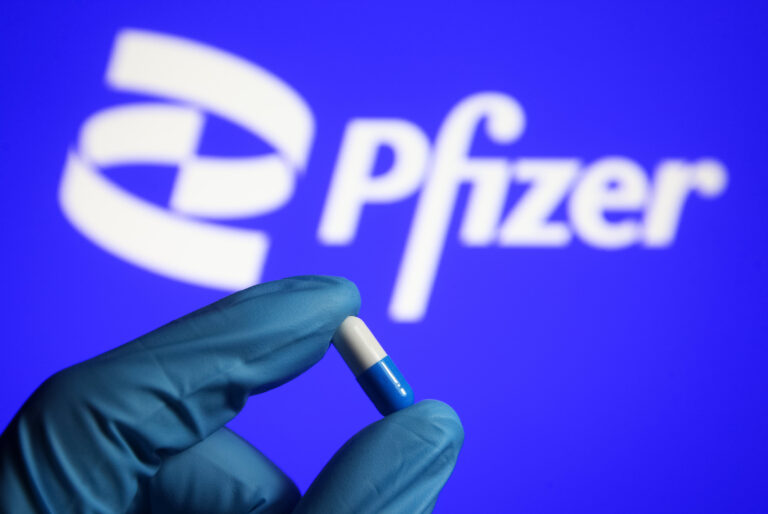Pfizer plans to conduct further early-stage trials later this year to identify the drug’s ideal dosing, with results expected in the first quarter of next year, a spokesperson told CNBC. The company said those trials will “inform regulatory submissions.”
A spokesperson told CNBC that results are expected to be released in the first quarter of next year.
“Danugliplon has demonstrated excellent efficacy in a twice-daily formulation and we believe a once-daily formulation could be competitive in the oral GLP-1 space,” outgoing Pfizer chief scientific officer Dr. Mikael Dolsten said in a press release. Notably, the company observed no liver safety issues in patients receiving the once-daily formulation of the drug.
Pfizer is one of several drug companies vying for market share in the highly popular weight-loss and diabetes drugs called GLP-1 agonists, an industry that some analysts predict could be worth roughly $100 billion in 10 years’ time.
But Pfizer has struggled to enter the market so far.
Pharmaceutical giant Pfizer stopped selling a twice-daily dose of danugliplon in December after mid-stage clinical trials showed that patients could not tolerate the drug. At the time, the company said data from early-stage trials of a once-daily dose of the drug would be “pointing the way forward.”
But investors have grown pessimistic about the company’s chances in the GLP-1 space since the company discontinued a separate, once-daily pill in June 2023 due to elevated liver enzyme levels in patients who had been treated.These were part of a series of setbacks Pfizer faced last year, in addition to a rapid decline in its COVID-19-related business that sent its stock price plummeting.
Still, Pfizer has other experimental obesity drugs in early stages of development. The company hasn’t disclosed how those treatments might work.
“Obesity is an important therapeutic area for Pfizer, and the company has a strong pipeline of three clinical candidates and several preclinical candidates,” Dolsten said in a statement.
Pfizer also believes GLP-1 is “only scratching the surface of what we may learn about obesity,” Chief Executive Officer Albert Bourla said at a June conference.
Pfizer’s danugliplon is a GLP-1 that promotes weight loss, as are Novo Nordisk’s injectable Wegovy and the diabetes drug Ozempic. These drugs mimic a single hormone produced in the gut called GLP-1, which signals the brain when a person is full.
Demand for the shots made by Novo Nordisk and Eli Lilly surged last year despite high prices and limited insurance coverage.
The two companies, along with Pfizer and other drugmakers, are racing to develop an oral version that is easier for patients to take and easier to manufacture, which could help ease supply shortages in the United States.
Pfizer has previously said it may buy or partner with smaller makers of obesity drugs.
Bourla told reporters at a January conference that the company was unlikely to acquire any late-stage obesity drugs because of its focus on cutting costs.
But Pfizer also said it was looking for potential licensing deals and early-stage weight-loss drugs.
Pfizer’s update on danuglipron comes days after the company said it was searching for a replacement for Dorsten, who is stepping down after more than 15 years with the company and played a key role in the development of Pfizer’s COVID-19 vaccine.

